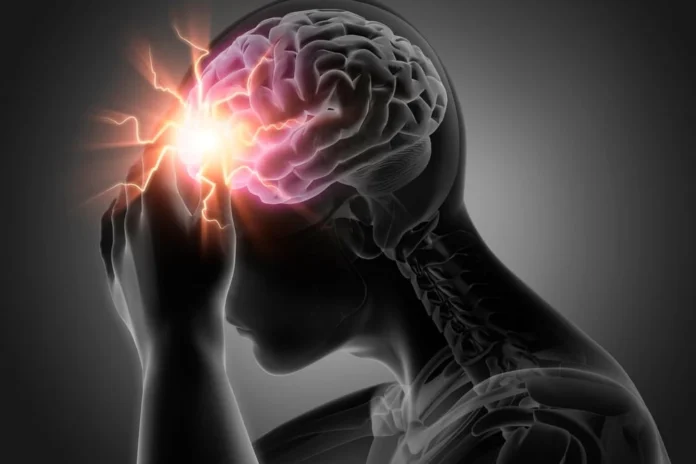Stroke cases among young individuals have been on the rise due to various lifestyle and medical factors. Understanding the causes and recognizing symptoms early are crucial for preventing severe outcomes. Here’s an overview:
Why Are Strokes Increasing Among Youth?
- Lifestyle Factors:
- Sedentary Lifestyle: Lack of physical activity increases the risk of obesity, hypertension, and diabetes.
- Unhealthy Diet: High consumption of processed foods, sugary drinks, and trans fats leads to high cholesterol and plaque buildup in arteries.
- Smoking and Alcohol: These contribute to vascular damage and clot formation.
- Stress and Mental Health:
- High-stress levels from work or personal life can elevate blood pressure and trigger stroke.
- Lack of sleep and unmanaged anxiety are also contributing factors.
- Medical Conditions:
- Hypertension (High Blood Pressure): The leading risk factor for strokes.
- Diabetes: Damages blood vessels, increasing stroke risk.
- Heart Issues: Conditions like atrial fibrillation can cause clots to form.
- Increased Screen Time:
- Prolonged screen time is linked to reduced physical activity and increased mental stress.
- Drug Use:
- Recreational drug use, especially stimulants like cocaine or amphetamines, increases stroke risk.
Symptoms of Stroke
Acting quickly is essential when someone shows signs of a stroke. The acronym FAST can help identify the symptoms:
- F: Face Drooping – One side of the face droops or feels numb. Ask the person to smile; the smile may appear uneven.
- A: Arm Weakness – Weakness or numbness in one arm. Ask the person to raise both arms; one arm may drift downward.
- S: Speech Difficulty – Slurred or strange speech. Ask the person to repeat a simple sentence to check clarity.
- T: Time to Call Emergency Services – If any of these signs are present, call for help immediately.
Other symptoms can include:
- Sudden confusion or difficulty understanding speech.
- Sudden trouble seeing in one or both eyes.
- Sudden severe headache without a known cause.
- Sudden loss of balance or coordination.
What Can Be Done to Prevent Strokes?
- Healthy Lifestyle:
- Engage in regular physical activity like walking, jogging, or yoga.
- Eat a balanced diet rich in fruits, vegetables, lean proteins, and whole grains.
- Quit Smoking: Avoid tobacco products entirely.
- Limit Alcohol and Drugs: Consume alcohol in moderation and avoid recreational drugs.
- Regular Check-ups:
- Monitor blood pressure, cholesterol, and blood sugar levels regularly.
- Seek medical advice if you have a family history of strokes.
- Stress Management:
- Practice mindfulness, meditation, or other stress-reducing activities.
- Adequate Sleep:
- Ensure 7-9 hours of quality sleep per night.
By being proactive and recognizing the symptoms early, young individuals can significantly reduce the risk of fatal or debilitating outcomes from a stroke.



